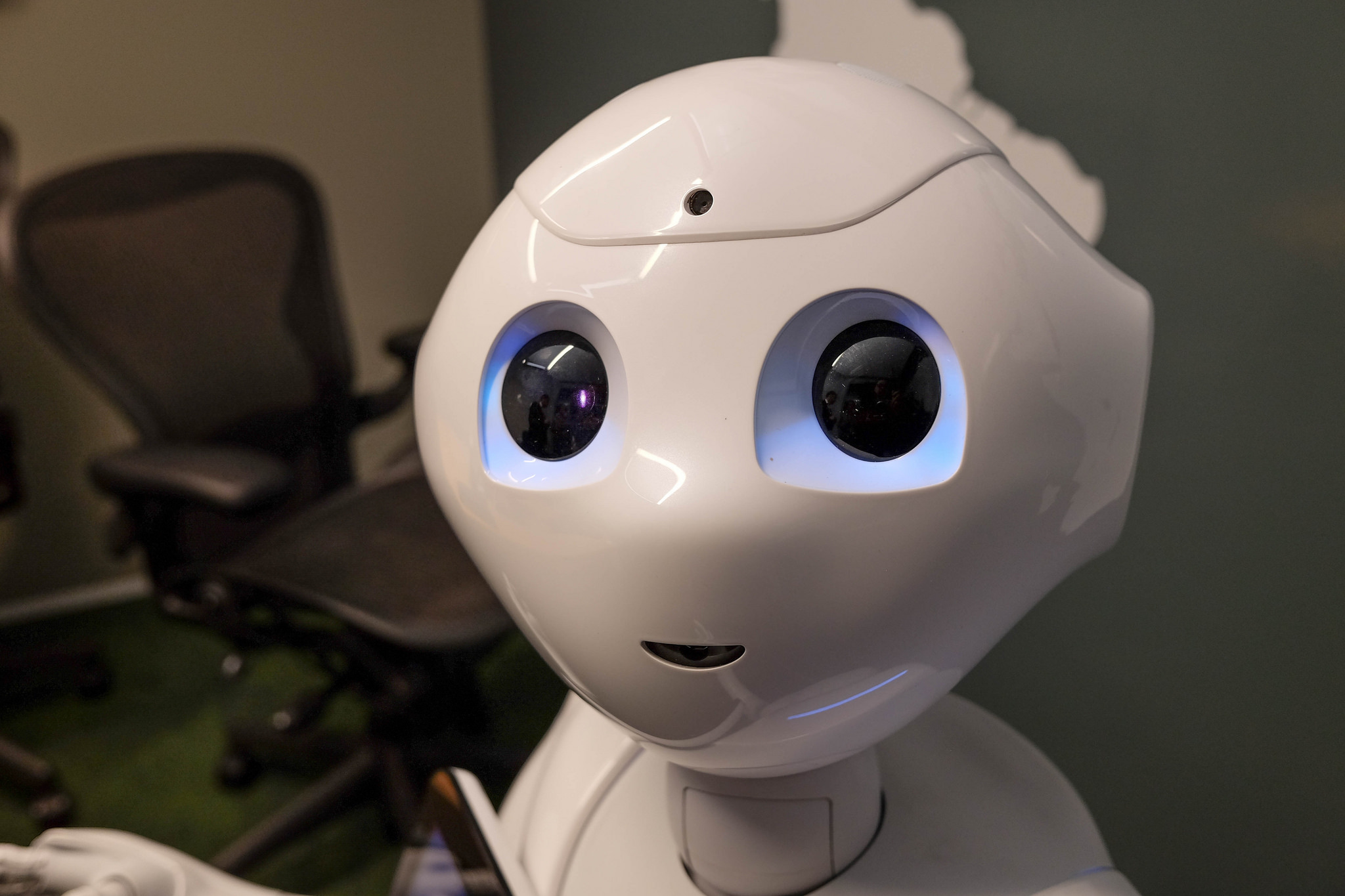 AI
AI
 AI
AI
 AI
AI
When the CES consumer electronics show begins in Las Vegas this week, we’ll see the usual dizzying range of hot new consumer electronics gadgets — mixed and augmented reality, more immersive and higher-resolution displays, more photorealistic graphics rendering, faster processors, greater wireless bandwidth, longer battery lives and more compact and flexible form factors.
We’re also likely to see an onslaught of artificial intelligence-infused smart products at CES that, in recognition of users’ sometimes excessive addiction to gadgetry, will probably include new “digital wellness” features similar to what Google LLC and Apple Inc. added to their latest-generation smartphone operating systems over the past year.
Following these providers’ leads, many new gadgets on display at CES will probably leverage embedded AI to learn users’ habits automatically and predictively adapt their experiences, data-driven recommendations, screen resolution and brightness, notification and time-out settings, and other features to encourage usage moderation. Companies also will showcase new concepts in autonomous vehicles that focus on mood detection and other in-car user experience management features.
As a growing concern in today’s global culture, digital wellness goes well beyond the gadget capabilities that will be featured in CES 2019’s “health and wellness” track, which focuses on medical, wearable, fitness and accessibility applications. Holistic wellness is something that consumers now expect to be intrinsic to gadget design.
Perspectives on digital wellness vary widely, but a seamless, frictionless and ambient user experience is common to them all. It’s a safe bet that makers of practically every gadget will incorporate more nuanced voice-control “wake-words” that help users live with more complex menageries of gadgetry without having to engage them physically 24 by 7.
Infusing physical environments with seamless digital experiences is what smart homes are all about. At CES 2019, Wikibon expects companies to work wellness features into their smart-home solutions’ ambient experiences. One example of this is the “kits” that Universal Electronics has preannounced to address such smart-home wellness profiles as physical security, occupancy-sensed comfort, voice-controlled convenience and zonal personalization. In addition, companies will roll out more smart service robots for every home that, in addition to vacuuming your floors and folding your laundry, will contribute to wellness through their intrinsic cute, cuddly and playful natures such as those demonstrated by Softbank Group Corp.’s Pepper (pictured).
Finally, Wikibon expects launches at CES 2019 that incorporate AI-driven wellness features into products falling outside the traditional scope of digital gadgetry. For example, Samsung Electronics Co. Ltd.’s C-Lab has already preannounced several new AI-infused products that address various aspects of digital wellness, albeit not under that broad heading and not in the context of “gadgets” per se. At CES 2019, the company plans to showcase these and other C-Lab projects:
To learn about these and other innovations, and to catch the festivities at CES, tune into the conference’s livestream starting Monday morning, and catch SiliconANGLE’s coverage of the news all week.
Support our mission to keep content open and free by engaging with theCUBE community. Join theCUBE’s Alumni Trust Network, where technology leaders connect, share intelligence and create opportunities.
Founded by tech visionaries John Furrier and Dave Vellante, SiliconANGLE Media has built a dynamic ecosystem of industry-leading digital media brands that reach 15+ million elite tech professionals. Our new proprietary theCUBE AI Video Cloud is breaking ground in audience interaction, leveraging theCUBEai.com neural network to help technology companies make data-driven decisions and stay at the forefront of industry conversations.